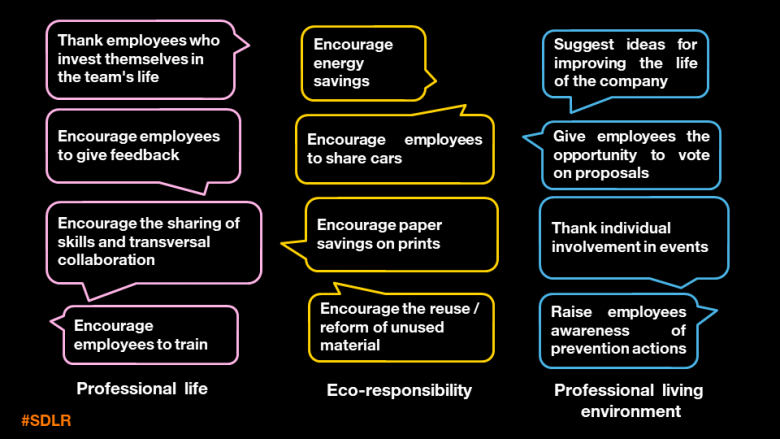
Local currencies, distinguishable from speculative currencies like Bitcoin and Ethereum, usually set out to promote systems for local exchange and giving while limiting debt. According to the economist Bernard Lietaer, “when well designed, it creates exactly the amount of currency needed to complete transactions that otherwise would not have taken place”. In addition to local trade, these currencies sometimes incorporate value scales based on time, knowledge or expertise. While they originally centred around a local closed-circle economy, some have even been piloted, launched or introduced alongside a nation’s official currency. In Japan, the Fureai Kippu system (literally, “Caring Relationship Tickets”) is an officially recognised currency for providing assistance to the elderly. Closer to home, in Bristol, residents can pay energy bills and local tax using Bristol Pounds. Launched in September 2012, the Bristol Pound is now the most widely used alternative to official currency in the United Kingdom.
Complementary currency has also found a place in the business community. In Switzerland, the WIR currency has enabled companies to better weather economic crises since 1934. In Japan, some 1,600 employees at Mitsubishi UFJ Financial Group are piloting MUFG coin for the payment of work-related expenses.
While there are currently around 5,000 complementary currencies around the world, this phenomenon remains quite new in France. The Abeille in Villeneuve-sur-Lot and the Sol-Violette are just some of the local currencies leading the way in the country. Several cities and regions have followed in the footsteps of these trailblazers in recent years. Today, there are at least 150 local currencies in France, most of which are still looking for their markets after their launch phases.
While often driven by strong principles about alternative currencies as the ultimate goal, can these currencies become a permanent fixture within businesses? This is the purpose of Orange’s research project: experimenting within the company to find new ways of rewarding and uniting its employees.
Mobilising available resources
How do we address challenges and concerns when budgets are tight? All organisations find it difficult to mobilise groups of people to take collective action that falls outside the priorities of the individual. So, how can an organisation encourage its employees to create new ways of performing transactions that serve to address collective challenges—for example, the environment and corporate social responsibility (CSR)—without resorting to purely financial incentives, which for obvious reasons need limitations?
 Researchers at Orange came up with the idea of drawing on successful initiatives with complementary currencies to introduce and test the new tool within the company. Encouraging employees to carpool and reduce the carbon footprint of their inboxes are among the collective challenges that the company could soon incentivise with its new currency, Unita, currently in the testing phase.
Researchers at Orange came up with the idea of drawing on successful initiatives with complementary currencies to introduce and test the new tool within the company. Encouraging employees to carpool and reduce the carbon footprint of their inboxes are among the collective challenges that the company could soon incentivise with its new currency, Unita, currently in the testing phase.
The scheme works like this: Employees are offered opportunities to tackle specific challenges with the aim of promoting collective practices and CSR values. By participating, each employee earns and accrues Unitas to their account, which can then be exchanged for “experiential” prizes. The prizes aim to provide the employee with an original experience within Orange, for example, an invite to an exclusive group event or a visit to a special site. Employees can also reward colleagues or even set up their own challenges.
What does the future hold for corporate currency?
In many respects, the values surrounding ethics, the environment and society that local currencies promote also coincide with the challenges many businesses are facing. To respond to the concerns of their customers, employees and shareholders—who are also informed and responsible consumers—large businesses are increasingly incorporating environmental and social criteria in their CSR initiatives, in addition to other areas.

In his book George Soros On Globalization, the Hungarian-born billionaire George Soros says that, while international trade and global financial markets have demonstrated their ability to create wealth, they are unable to meet a number of societal needs, such as protecting the environment and improving working conditions—in other words, the common good.
In a similar vein, surveys have shown that relationships between people differ drastically when exchanges are based on a complementary currency. For example, seniors in Japan strongly prefer receiving care from people who accept Fureai Kippu tickets, rather than from those who want their pay in yen.
Conclusion
Bolstered by these conclusions and initial feedback, Orange’s research team hopes to introduce the internal currency “Unita” for use across the company. Orange Labs International has already carried out initial tests.
After an encouraging initial phase, the project is currently being expanded to attain a critical mass of users, with the aim of creating a new-found sense of cooperation and solidarity. This will allow this new social and environmental focus to become firmly embedded within the company and among employees—even among its customers, since these ideas do not simply stop at the company’s front door. A meeting is scheduled for late 2020 to monitor our progress.
Learn more:
https://www.francebarter.coop/
http://www.frenchweb.fr/numbers-combien-y-a-t-il-de-bitcoins-en-circulation/293168
http://www.senat.fr/compte-rendu-commissions/20140113/fin.html#toc3
https://www.economie.gouv.fr/ess-economie-sociale-solidaire/loi-economie-sociale-et-solidaire
https://www.legifrance.gouv.fr/affichCode.do?cidTexte=LEGITEXT000006072026
http://decroissances.blog.lemonde.fr/
http://monnaie-locale-complementaire-citoyenne.net/
https://unemonnaiepourparis.org/
Financial literacy: https://hellofuture.orange.com/fr/leducation-financiere-une-prise-de-conscience-necessaire/
Dormant resources: https://hellofuture.orange.com/fr/comment-valoriser-les-ressources-dormantes-des-datacenters-prives/










